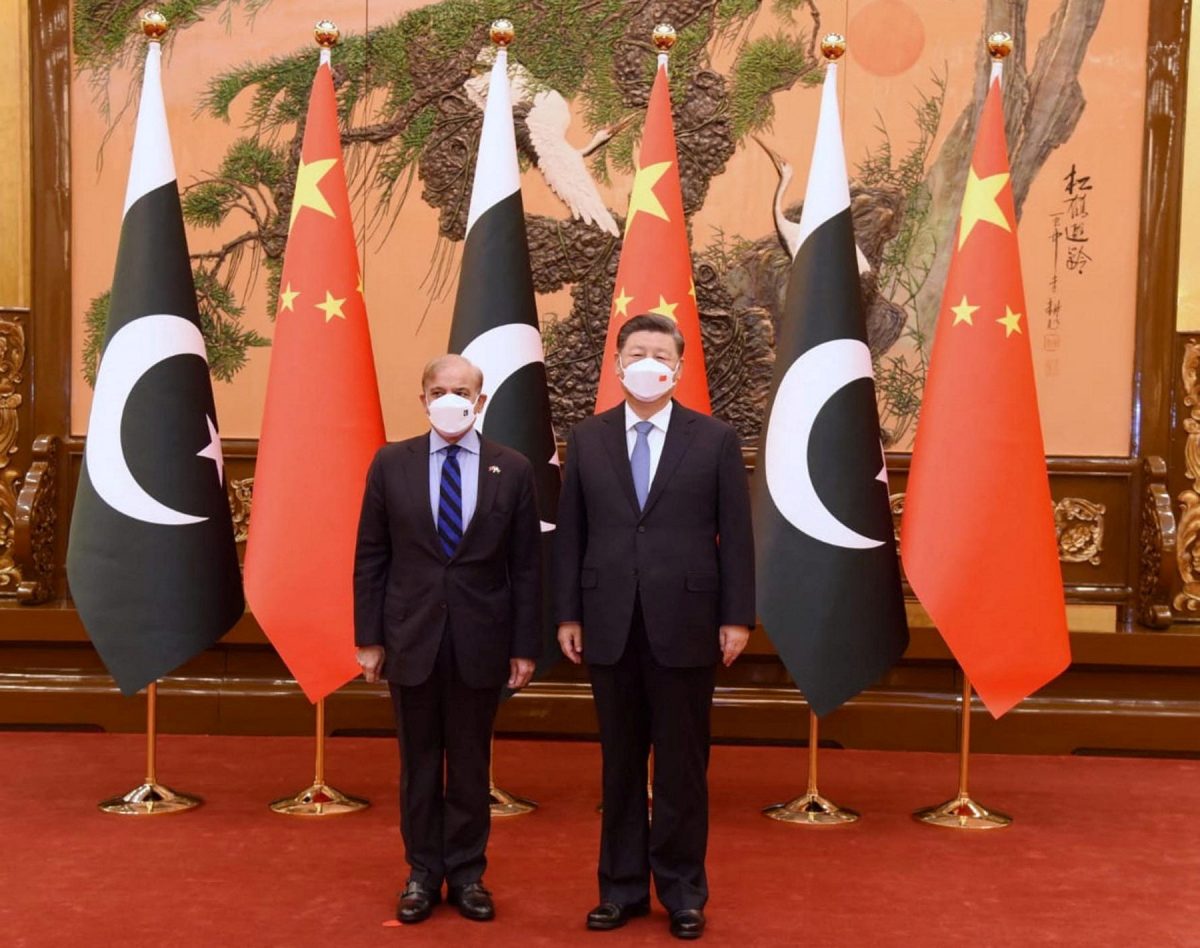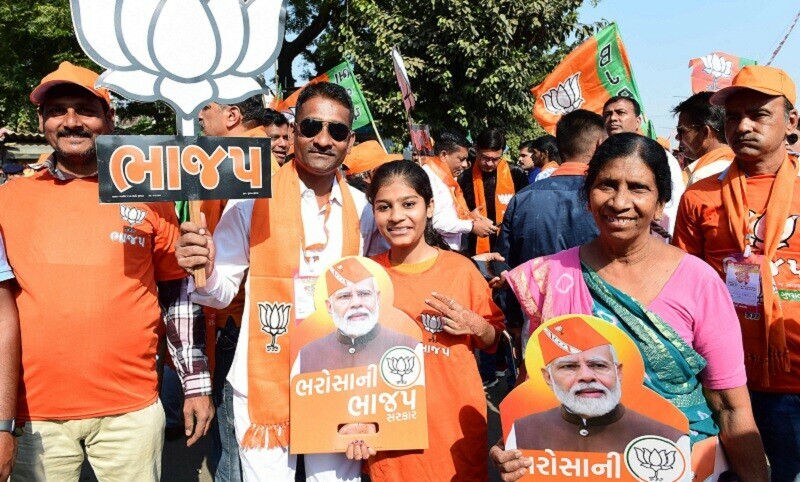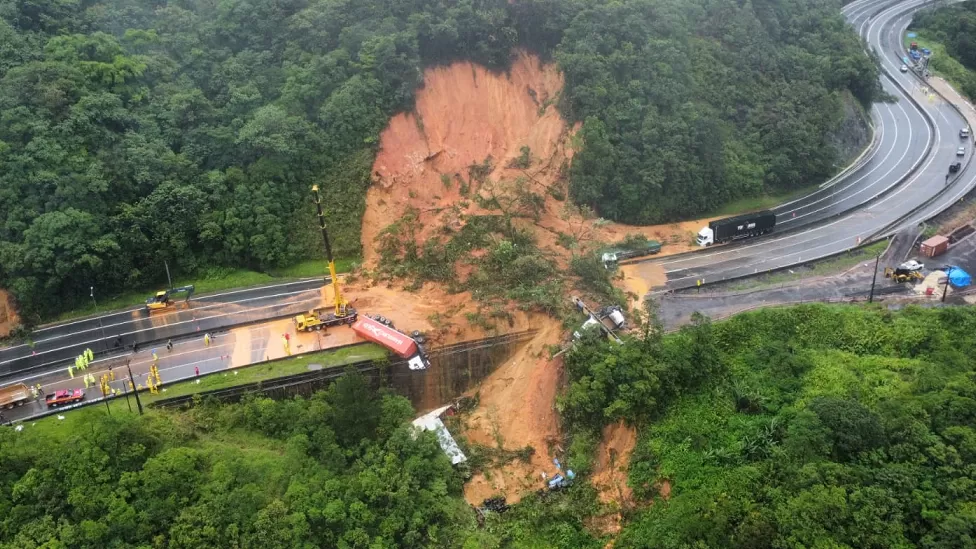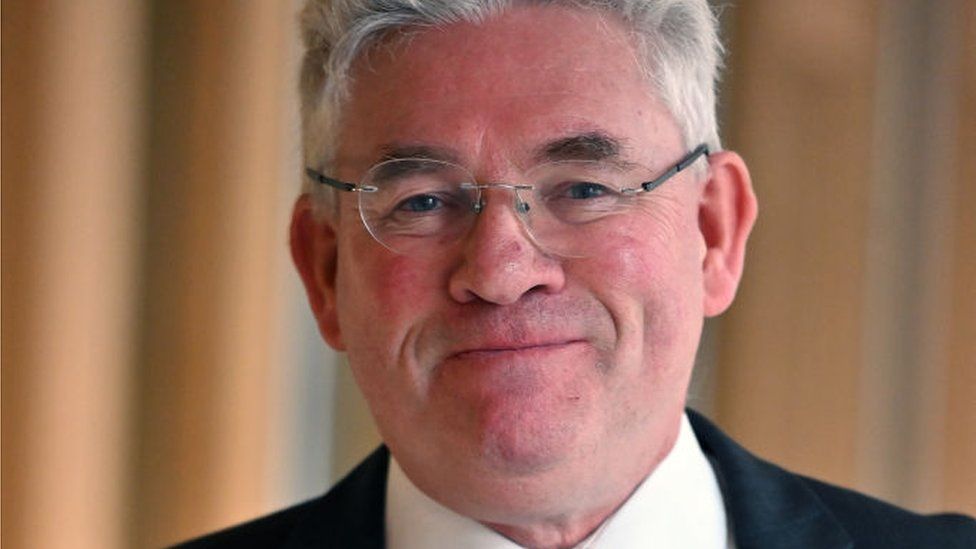The China Military Power 2022 report — released here on Tuesday — examines how China seeks to achieve its “national rejuvenation” objective by 2049 with the help of international partners, such as Pakistan.
According to the report, China ranks Pakistan as its only “all-weather strategic partner” while Russia as its only “comprehensive strategic partner with coordination relations”.
During the last five years, China has expanded ties with both of its historical partners, Pakistan and Russia. Pakistan is also one of the places that China has likely “considered as locations for military logistics facilities”.
China Military Power notes that Beijing ranks Islamabad as its only ‘all-weather strategic partner’, ahead of Moscow
The report notes that China’s Belt and Road Initiative (BRI) is associated with pipelines and port construction projects in Pakistan. But with the help of those projects, China “seeks to become less reliant on transporting energy resources through strategic choke points, such as the Strait of Malacca”.
Beijing also attempts to exploit the relationships it builds through BRI to pursue additional economic cooperation with participating countries, the report adds.
It recalls that in 2021, 10 Chinese nationals were killed, and 26 others injured when a suicide bomber targeted a workers’ bus on its way to a BRI infrastructure development project in Pakistan.
The report, however, claims that China used this incident to “extend its ability to project military power to safeguard its overseas interests, including BRI, by developing closer regional and bilateral counterterrorism” cooperation with Pakistan.
Reviewing China’s growing military and economic cooperation with Pakistan, the report notes how Beijing helped Islamabad complete the in-orbit delivery of the Pakistan Remote-Sensing Satellite.
China also vigorously pursues its policy of supporting a BRI host-nation’s security forces through military aid, including military equipment donations.
The examples of China-Pakistan cooperation cited in the report include joint military exercises. It notes that in 2020-21, China participated in a joint naval exercise with Pakistan and also supplied strike-capable Caihong and Wing Loong Unmanned Aircraft Systems to Pakistan.
China also supplied major naval vessels to its partners, highlighted by Pakistan’s 2015 purchase of eight Yuan class submarines for more than $3 billion. In 2017 and 2018, China sold four naval frigates to Pakistan.
Under the PLANMC, which supports the PRC’s military diplomacy, Chinese forces have trained with Thai, Pakistani, Saudi Arabia’s, South African, and Djiboutian forces.
Pakistan is also a member of the China-led Asia-Pacific Space Cooperation Organisation.
The “Military and Security Developments Involving the People’s Republic of China,” commonly known as the China Military Power Report (CMPR), is a Congressionally mandated document. It serves as an authoritative assessment of China’s military and security strategy.
The report follows the Pentagon’s release of the National Defence Strategy in October, which identified China as the “most consequential and systemic challenge” to US national security and a free and open international system.
The military power report covers the contours of the People’s Liberation Army’s way of war, surveys the PLA’s current activities and capabilities, and assesses its future military modernisation goals.
The Pentagon argues that China’s foreign policy seeks to build a “community of common destiny” that supports its strategy to realise “the great rejuvenation of the Chinese nation”.
Beijing’s “revisionist ambition” for the international order derives from the objectives of its national strategy and the Communist Party’s political and governing systems, it said.






